At BIR World Recycling Convention International Trade Council (ITC) panel, of which SteelRadar is the media partner, meeting on 26 May, delegates also heard that a proposal from the European Commission to limit recycled metal exports to help domestic buyers was causing considerable concern. Tariffs were explored in detail at the ITC in a keynote address by Professor Philippe Chalmin, of the Cyclope consultancy (FRA). Referencing his invitation to address the event, he said: “This is at a time which is very well chosen. It is true, the world is in turmoil with what I call - in comparison with Roosevelt - Donald Trump’s new deal and its geopolitical consequences for world markets.”
“We are really in the roaring 20s of the twenty-first century…we will remember the 20s of this century to compare with the 30s and the 70s of the twentieth century. We had three sparkles, first Covid in 20, then the Ukraine invasion in 22 and now Donald Trump in 25. So what to expect in the months to come?” The professor said that his prediction was that the situation would more or less stabilise. “Next year tariffs will be between 10-15%, which is huge by the way, and depends on the sector in which you are working.”
The meeting was chaired by Emmanuel Katrakis, Director of Public and Regulatory Affairs at Galloo (FRA/BEL). He welcomed an American perspective from Robin Wiener, Presidentof ReMA (USA), who said in the US there was tremendous uncertainty about tariffs there too. “We had our convention two weeks ago,” said Ms Wiener. She spoke then to the CEOs of various manufacturing associations and chambers of commerce to find that “generally manufacturing is not supportive of the tariffs, it wants a strong basis in the US but also wants market access.”
However, she agreed that there were some legitimate issues with the global trading system. “To understand the rationales, there isn’t just one set of tariffs being proposed. There is concern over China…. There is the reshoring of jobs in the US and how we would do that. So, there are a lot of rationales being put forward.” Ms Wiener added that there were predictions that tariffs would be at 10% but that there was a lot of uncertainty about all parts of the economy.
The real problem in Europe is energy prices
Discussion then turned to Europe where there has been a recent meeting held by the European Commission on its Steel and Metals Action Plan, which was published in March. Mr Katrakis explained that the biggest issue in Europe was energy prices, not recycled metals. But, he said, there was also “a few paragraphs” in the Steel and Metals Action Plan to keep ‘scrap’ in Europe to make sure of its availability. He stressed that many meetings were ongoing in Brussels and that he could not divulge what was said, adding: “We are not scrap providers we are putting recycled materials on the market and based on objective figures, there was no problem of recycled metals availability that could justify export restrictions.”
Murat Bayram, Managing Director, EMR (GBR) described the world situation as “like a poison in the DNA of an economy. Everyone was looking with a big question mark. It starts with the people, ‘Will I still have my job or not?’; the automobile industry is looking for the people, but they are saying will I buy a new car or not?” And, referring to Mr Katrakis’ words on the European situation, Mr Bayram commented: “Additionally we have more and more foggy weather especially with the discussion you mentioned. The discussion we have had I would say is a wake-up call on the one side and they are not stopping pushing for the regulation but also an eye opener that we are willing to fight.” He also pointed out that “not every recycled steel or non-ferrous material has buyers in Europe at the moment.”
Mr Katrakis then turned to panellist Dhawal Shah of Metco Ventures (IND) for an explanation of how he saw the global changes and how India was developing in terms of imports of recycled materials.
Mr Shah stated: “They say that change is nature and change is the only inevitable in life, and I think 2025 has strongly confirmed that theory.”
He explained that India had consistently been growing by 6.5-7.5% in GDP, had become the fourth largest economy surpassing Japan, and has two big programmes to make it more self-sufficient. “Over the last five to seven years we have come a long way. At the moment we have a deficit of about 80 billion dollars, it used to hover at around 120-130 billion dollars.” In terms of materials, he said that on the metals side the infeed is from imports and import duties had been removed, except for aluminium which was at 2.5%.
Mr Shah concluded: “You probably have 10-15 years until when we have enough with our recycling.”


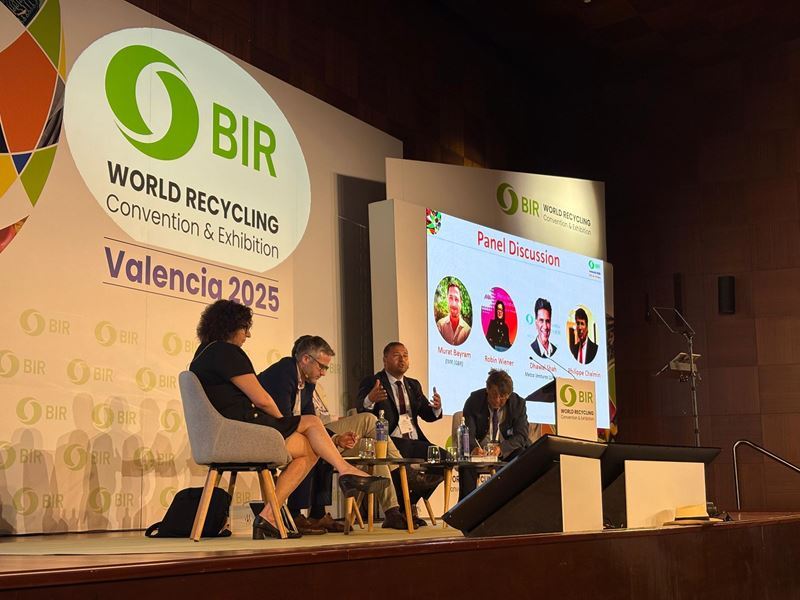

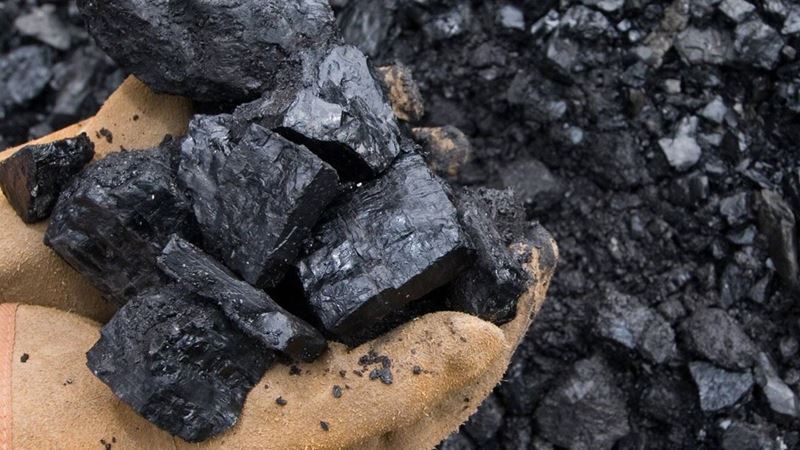
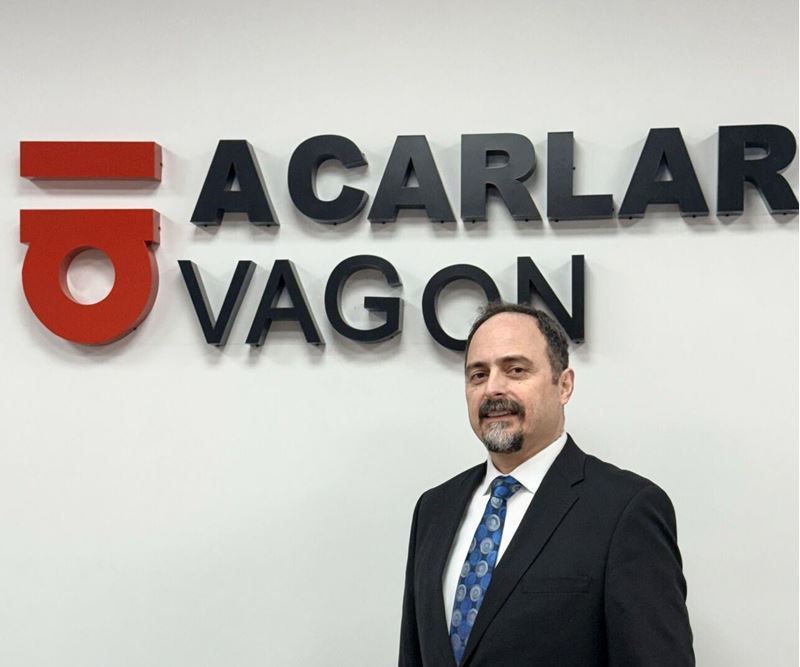
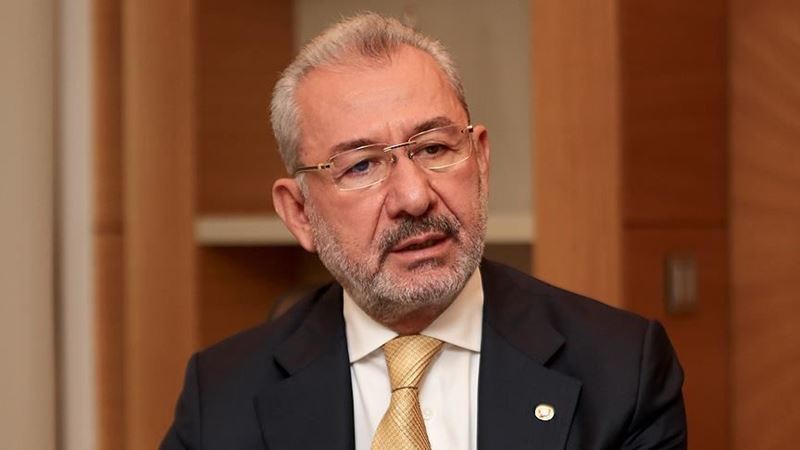
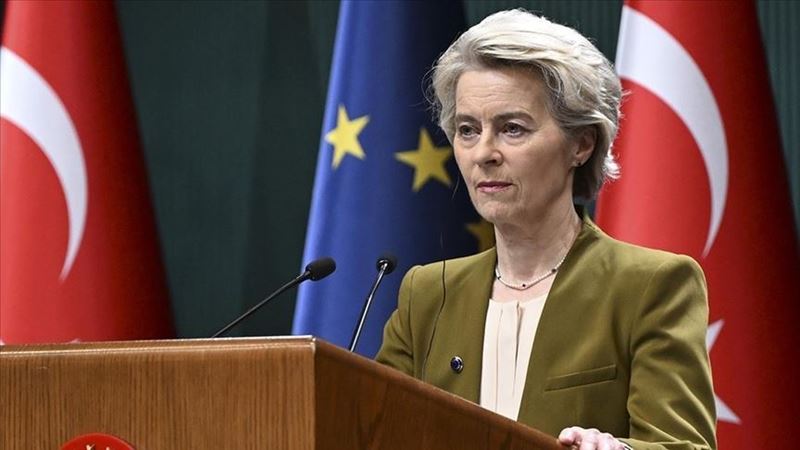
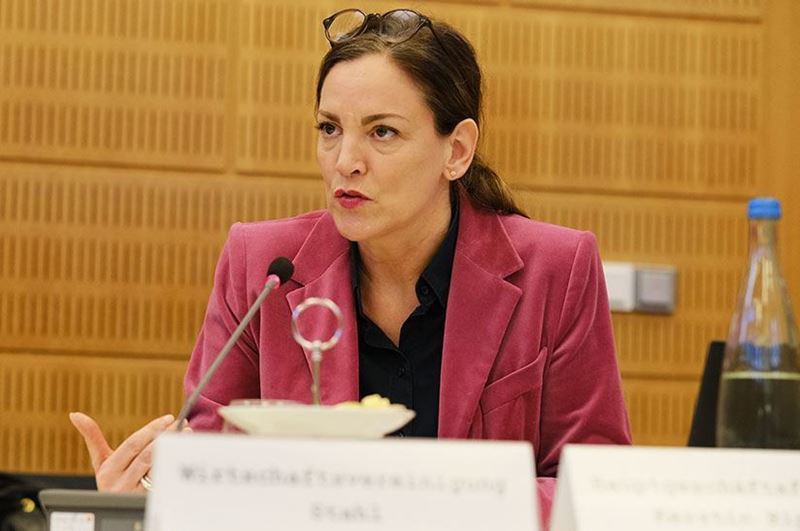


Comments
No comment yet.